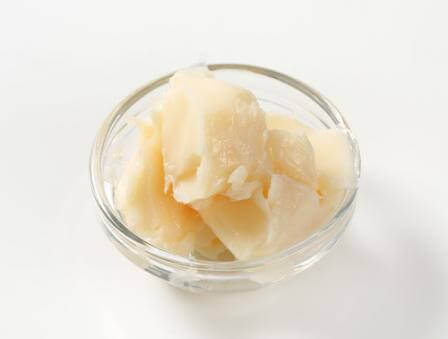Is Lard a Healthy Fat?
A Nutrition Diva listener asks for a reality check on claims that lard is a healthy fat.
Monica Reinagel, MS, LD/N, CNS

In fact, I hadn’t heard of the expert Kristy mentioned and wasn’t able to find what exactly he may have said in favor of lard. As I said to Kristy, “If he’s recommending lard as an alternative to hydrogenated shortening (and in moderate quantities), I agree with him! If he’s recommending lard as a replacement for olive oil (or as 80% of your calories), I think I’d steer clear.”
See also: Lard vs Shortening
Lard comes from animals, so vegetarians will probably want to steer clear either way. But for those who eat animal products, lard has its uses. Because it is high in saturated fat, lard resists oxidation (which is what makes oil rancid) and stays solid at room temperature. A couple of tablespoons of lard will make your pie crust flakier. It’s also stable at high temperatures, which makes it a good choice for deep frying.
See also: Which Oils Are Best For Cooking?
Vegetable shortening has all the same properties, of course (and is appropriate for vegans). The difference is that most vegetable shortening is artificially hydrogenated, meaning that it contains trans fats. Between the two, I think you’re better off with lard. If you’re vegan, look for a trans-fat free shortening made with palm or coconut oil.
I certainly hope you’re not eating deep-fried foods and pie on a daily (or even weekly) basis, but why not make those occasional indulgences as enjoyable as possible? About once a year, I’ll buy a half pound of lard at my local farmer’s market and keep it in the freezer.
See also: On lard, pie crust, and whether all saturated fats are the same.
Pork lard image courtesy of Shutterstock.

